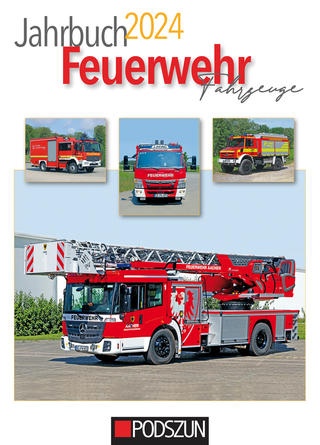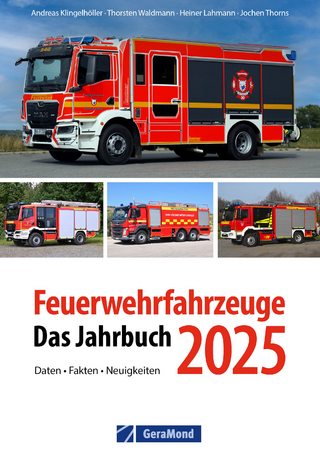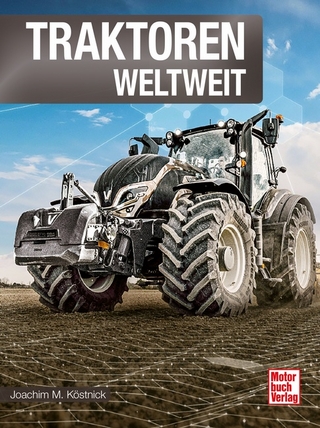
When Steam Ruled the Roads
A Traction Engine Archive
Seiten
2025
Amberley Publishing (Verlag)
978-1-3981-1966-6 (ISBN)
Amberley Publishing (Verlag)
978-1-3981-1966-6 (ISBN)
- Noch nicht erschienen (ca. März 2025)
- Versandkostenfrei innerhalb Deutschlands
- Auch auf Rechnung
- Verfügbarkeit in der Filiale vor Ort prüfen
- Artikel merken
From a highly respected heritage author comes a nostalgic collection of images celebrating steam engines on Britain's roads.
The period between the late 1800s and the late 1920s was the heyday of the road steam traction engine. Prior to that, ‘portable’ steam engines were pulled by horses from farm to farm to provide the power unit for belting to machinery for tasks such as the annual threshing. The invention of the self-moving traction engine brought many advances, always staying one jump ahead of amendments to the Locomotive Acts.
Fairground operators hauled their huge road train of rides to the next fair; ploughing engines and threshing engines travelled from farm to farm; road hauliers carried massive loads; and steam rollers laid and mended our roads.
The availability of cheap surplus First World War petrol vehicles saw road hauliers and fairground showmen dispense with the ‘hassle’ of operating steam vehicles, yet there were still manufacturers making steam wagons until the late 1930s and several councils still operating true steam rollers right into the 1960s.
The period between the late 1800s and the late 1920s was the heyday of the road steam traction engine. Prior to that, ‘portable’ steam engines were pulled by horses from farm to farm to provide the power unit for belting to machinery for tasks such as the annual threshing. The invention of the self-moving traction engine brought many advances, always staying one jump ahead of amendments to the Locomotive Acts.
Fairground operators hauled their huge road train of rides to the next fair; ploughing engines and threshing engines travelled from farm to farm; road hauliers carried massive loads; and steam rollers laid and mended our roads.
The availability of cheap surplus First World War petrol vehicles saw road hauliers and fairground showmen dispense with the ‘hassle’ of operating steam vehicles, yet there were still manufacturers making steam wagons until the late 1930s and several councils still operating true steam rollers right into the 1960s.
Colin Tyson is Sussex born and bred, having returned to his native county following a publishing career in local newspapers and monthly magazines. He is the former editor of the international monthly steam engine and vintage preservation magazine Old Glory and also Bluebell News, the quarterly journal of the heritage Bluebell Railway.
| Erscheint lt. Verlag | 15.3.2025 |
|---|---|
| Zusatzinfo | 180 Illustrations |
| Verlagsort | Chalford |
| Sprache | englisch |
| Maße | 165 x 234 mm |
| Themenwelt | Natur / Technik ► Fahrzeuge / Flugzeuge / Schiffe ► Nutzfahrzeuge |
| Geschichte ► Teilgebiete der Geschichte ► Kulturgeschichte | |
| ISBN-10 | 1-3981-1966-0 / 1398119660 |
| ISBN-13 | 978-1-3981-1966-6 / 9781398119666 |
| Zustand | Neuware |
| Haben Sie eine Frage zum Produkt? |
Mehr entdecken
aus dem Bereich
aus dem Bereich


